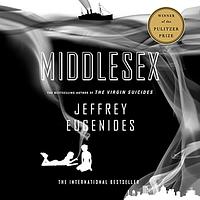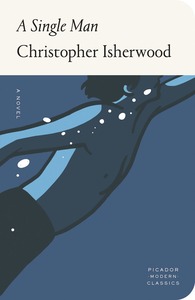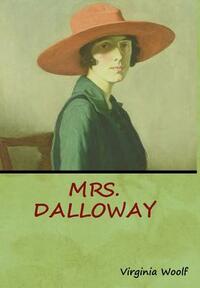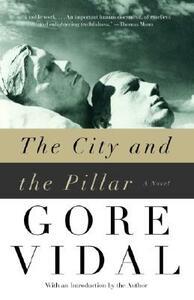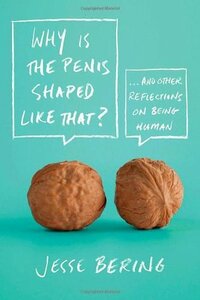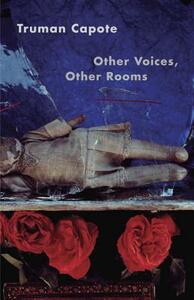Take a photo of a barcode or cover
matt_and_cheez's Reviews (493)
This story is very unique to anything I've ever read. Cal, the narrator, is born with a recessive genetic mutation as a result of inbreeding among her grandparents and then her parents. The story is told as a chronology of the Stephanides family, beginning in the 20s when the grandparents fled to America. Cal's parents grew up in the WWII generation of a very culturally-mixed Detroit. Cal's generation is a story of the hippy movement and anti-war and racial tension. All of this is mixed with the cultural traditions and family life of the Greek Stephanides. We learn that Cal was born as Calliope, but as she began puberty, realized that something was different about her. Struggling with love for another girl and feeling alienated from the norms of the female sex, she learns that she is a hermaphrodite. She is in essence a boy trapped in a third-gender body, but this theme is but one of many in Middlesex. The underlying retelling of the struggle for the American dream and growing up in the turbulence of the mid 20th century make Middlesex a very rewarding read. It is written very intelligently, with allusions, scientific explanations and raw human emotion.
This is my first experience with Isherwood, and I am very impressed. His very English voice made reading enjoyable and satisfying. For an autobiography, this book was objective, taking actual letters/diaries from Christopher and his friends throughout the story. Isherwood opens up the unknown world of gay Berlin during the rise of Nazi Germany. Isherwood is surprisingly open in his book, but the openness and acceptance from others during the 1930s was even more surprising.
I love The Da Vinci Code, and reading the script of the movie was very interesting and different. It also gave 'behind the scenes' extras about the movie.
Again, Christopher Isherwood proves his mastery of prose-writing. He tells the story of George who is still dealing with the sudden death of his lover. The novel portrays, much like Mrs. Dalloway, a single day in his life. Isherwood's musings on life, love, teaching (George is an English professor), and death are filled with literary allusion and eastern philosophy. It was a very sad, yet realistically morbid, read.
A terribly sad book. I really need to read something more upbeat next time. Vidal explores that idea that humans don't know what they want, and yet they search their whole lives for it.
Jesse Bering reports on scientific ideas that many would consider taboo, such as the position of testicles, the evolutionary significance of the female orgasm, zoophilia, and of course why the human penis is shaped the way it is. (It turns out that it's meant to "plunge" out the semen of a competing male.) Bering is a cognitive psychologist and evolutionary scientist, two areas that greatly interest me. The psychological/neuroscientific issues he investigates include the adaptation of suicide and the existence of humor in other animals. A worthwhile read that will have me look at certain aspects of being human very differently from now on.
Richard Dawkins presents yet again a nearly flawless argument in favor of the theory of evolution. He argues against the belief that life is so complex (like a watch) it must have an intelligent "watchmaker." Natural selection, according to Dawkins, may act as the watchmaker, but one that has no purpose in mind, and is thus "blind." He uses biological and mathematical (though easy enough for a layperson to understand) reasoning to show how Charles Darwin's theory of evolution by natural selection is simply the only explanation for the complexity of life. Dawkins uses the last chapter of the book to destroy the so-called "alternative theories to evolution" such as the unfortunately popular creationism. Dawkins gives the science world a sense of hope against the ignorant masses that continue to argue in the name of instantaneous genesis and other out-dated, untrue speculations. While some biological knowledge helps in connecting with the material, The Blind Watchmaker is written for the general audience, although it may be over many creationists' heads.
